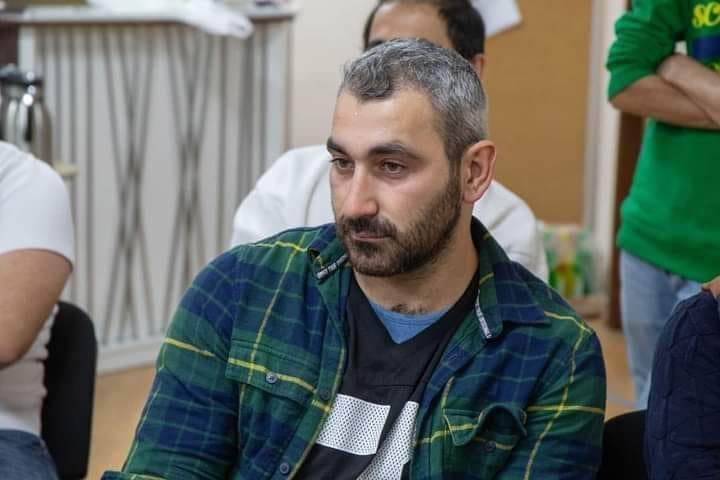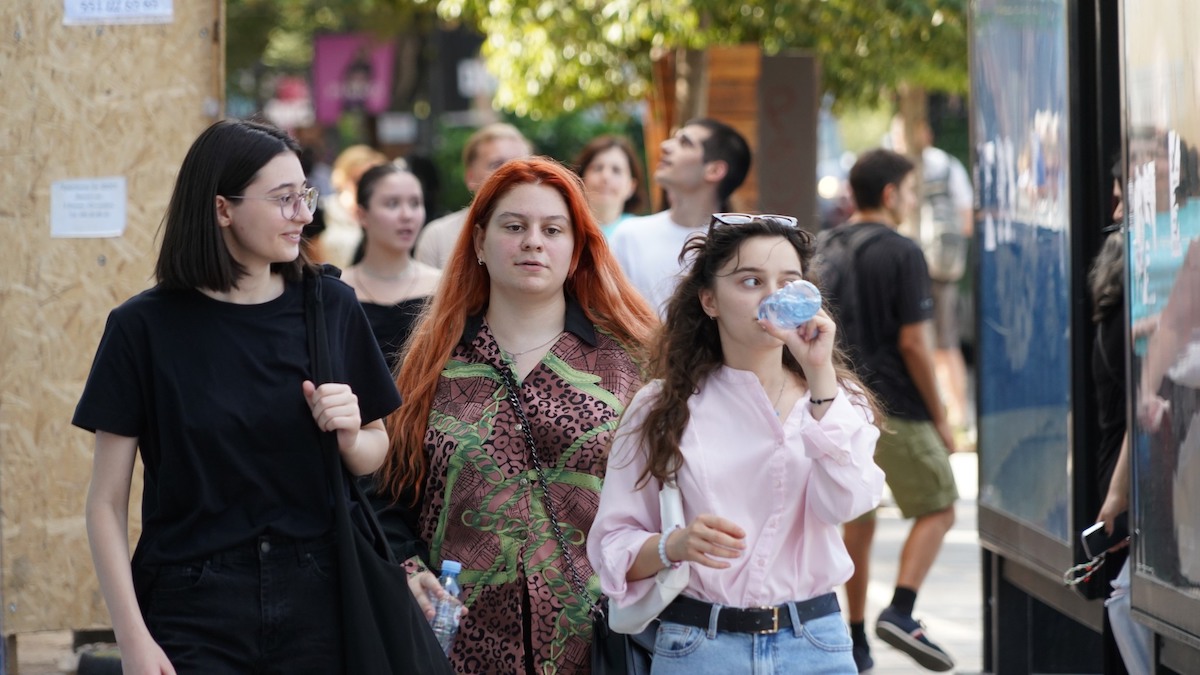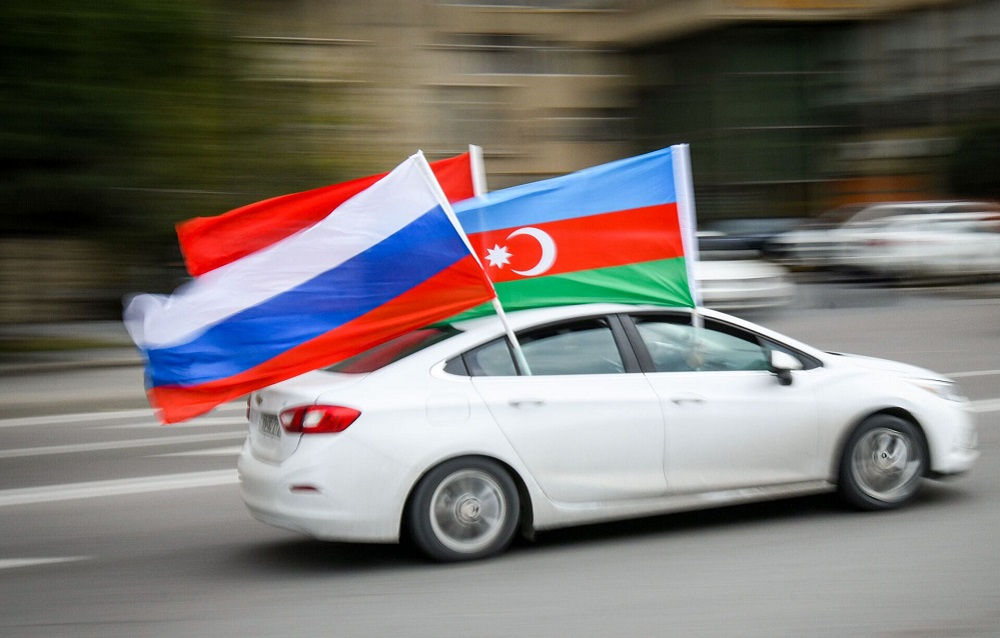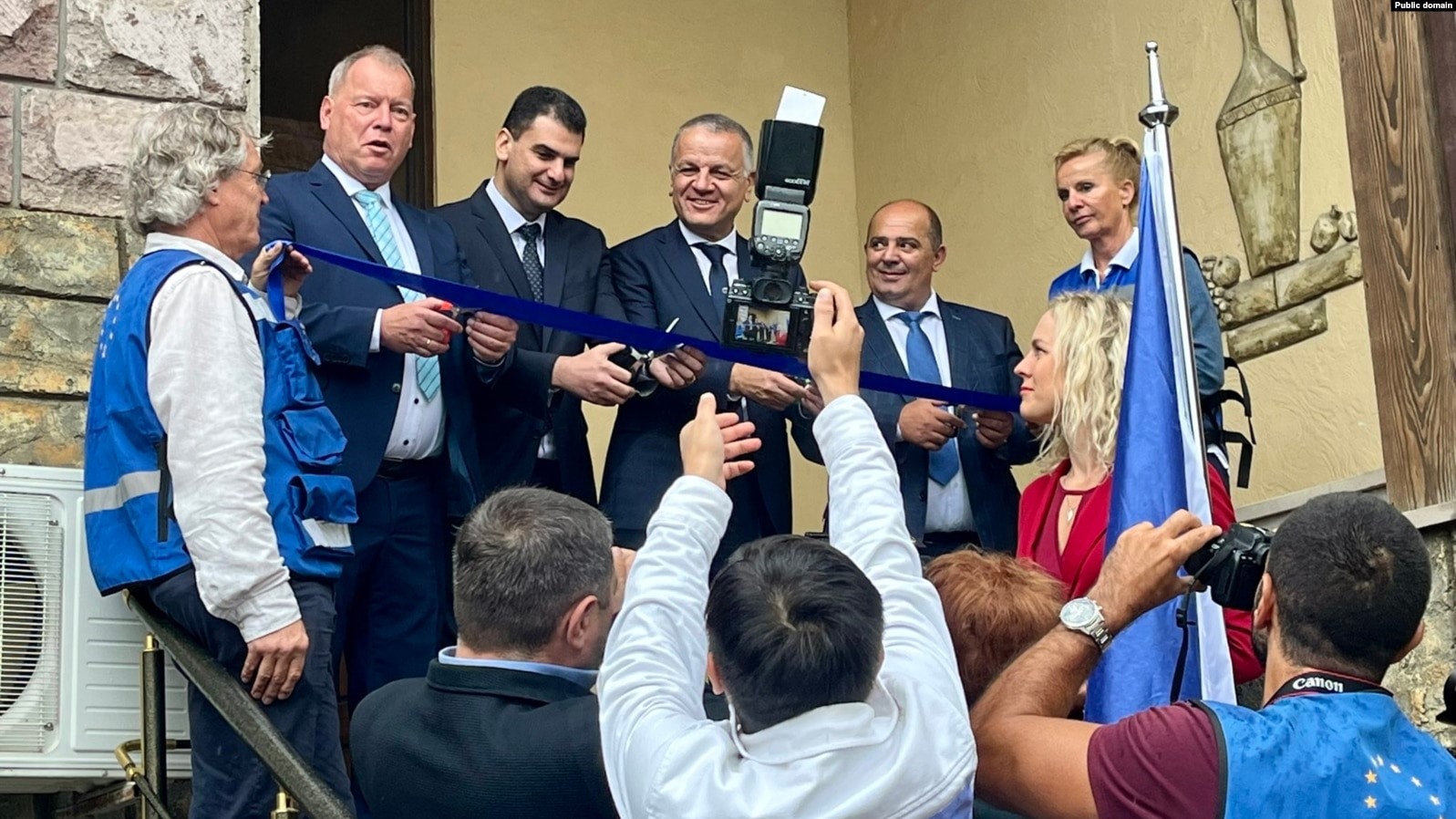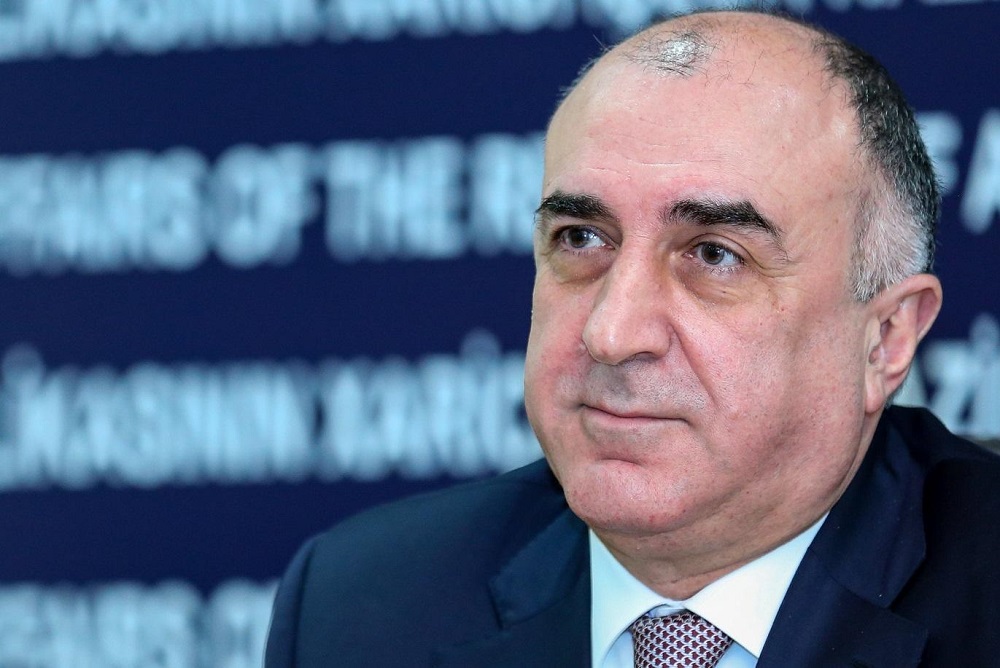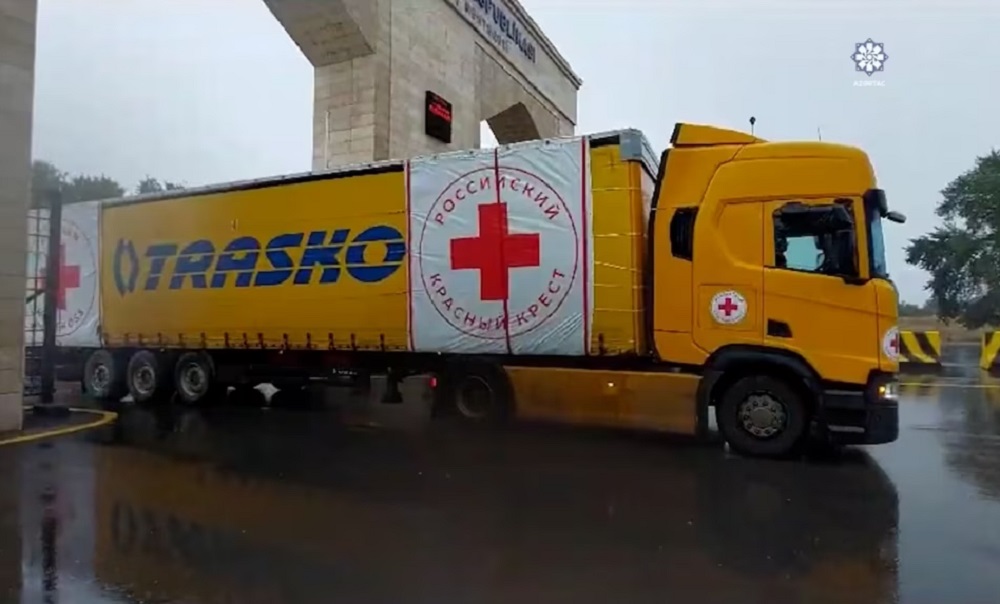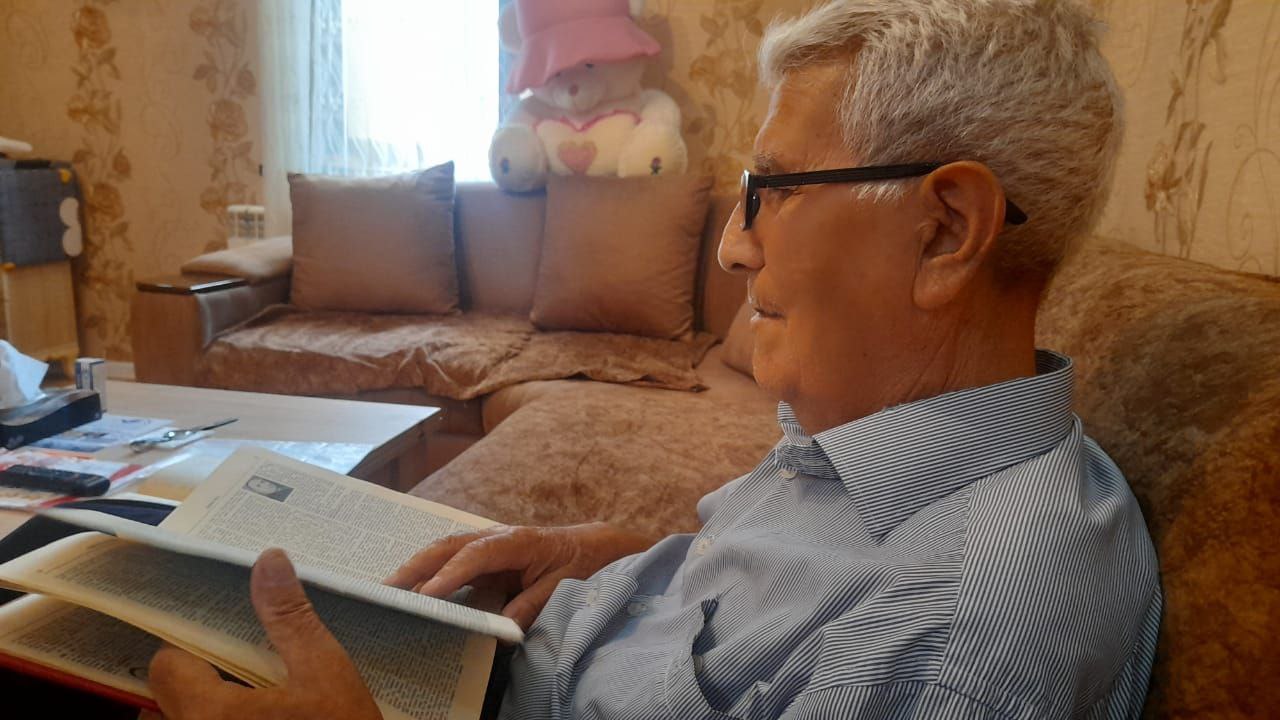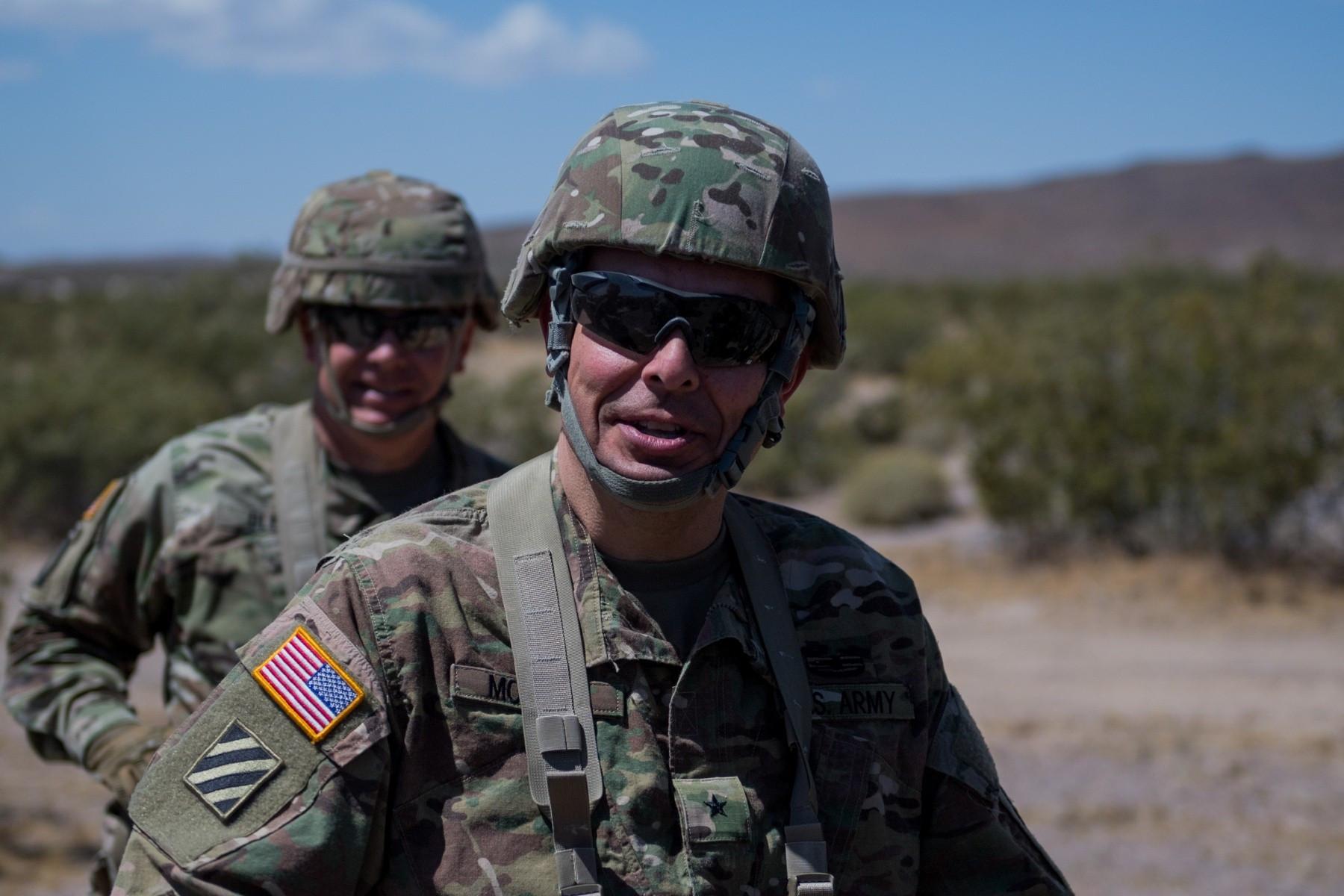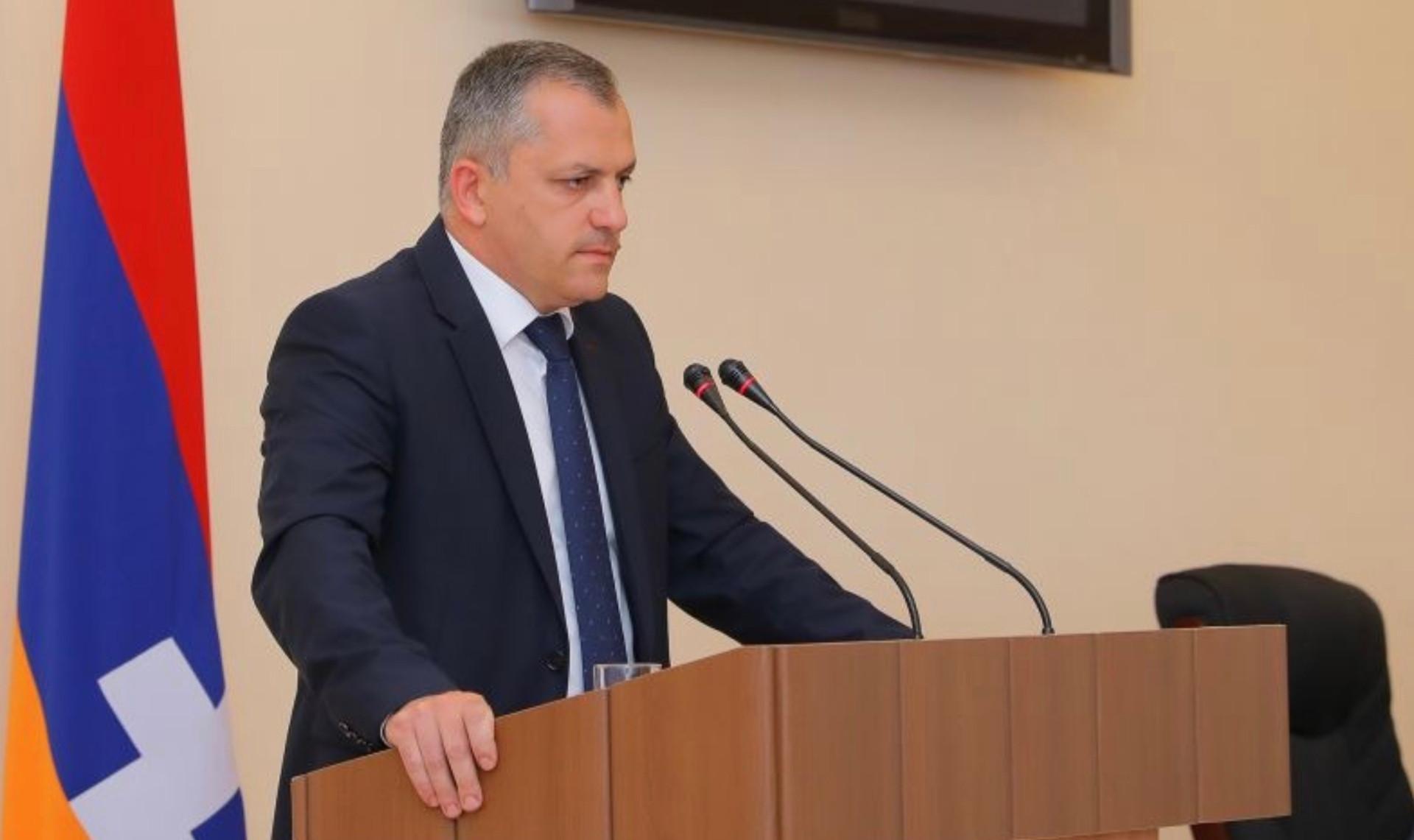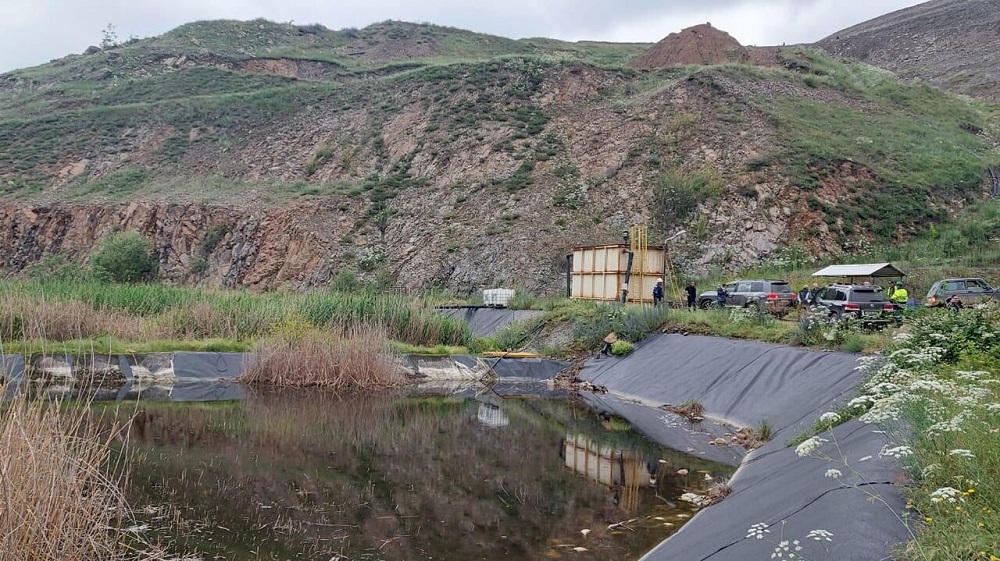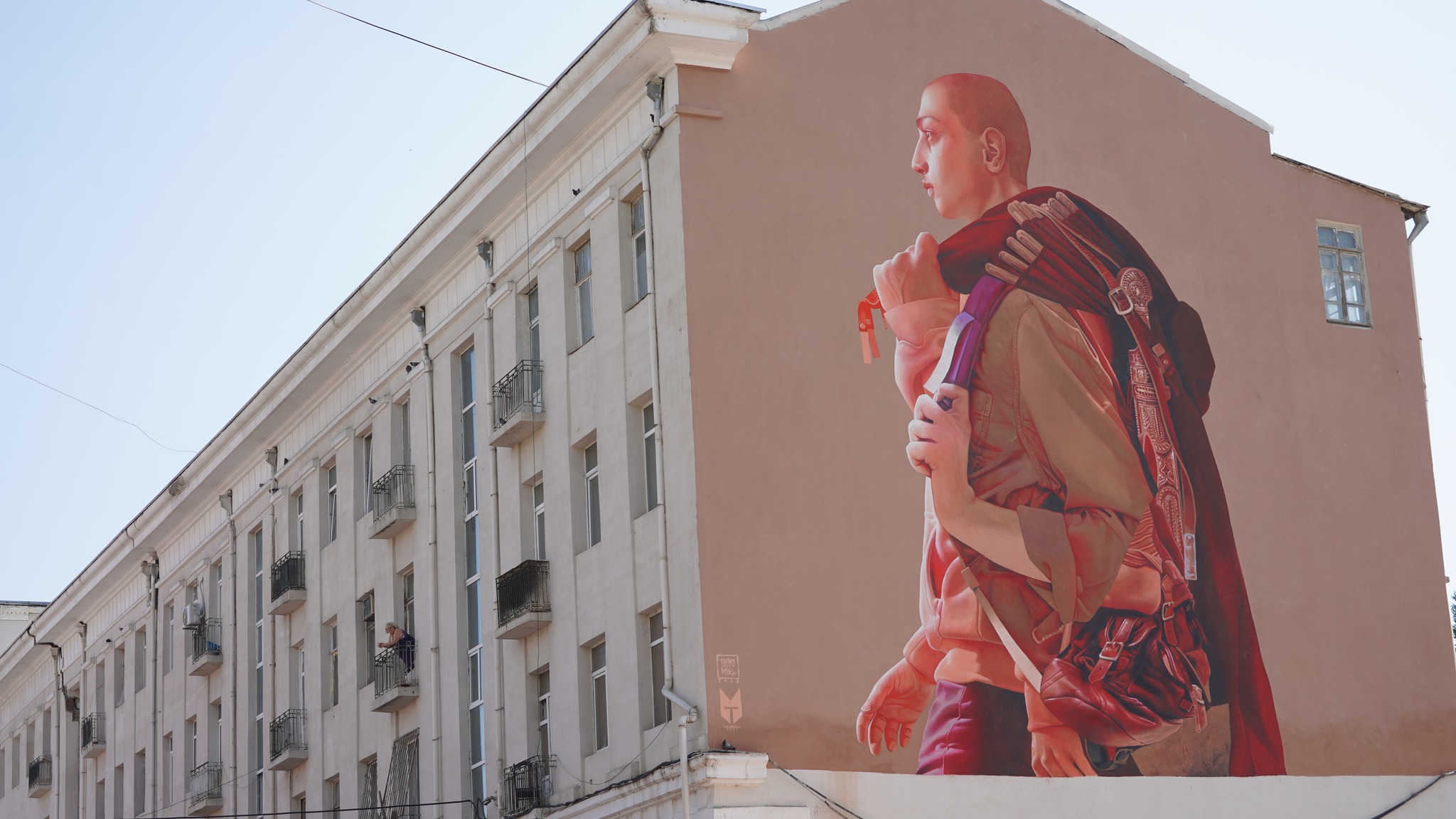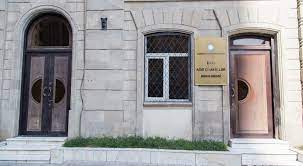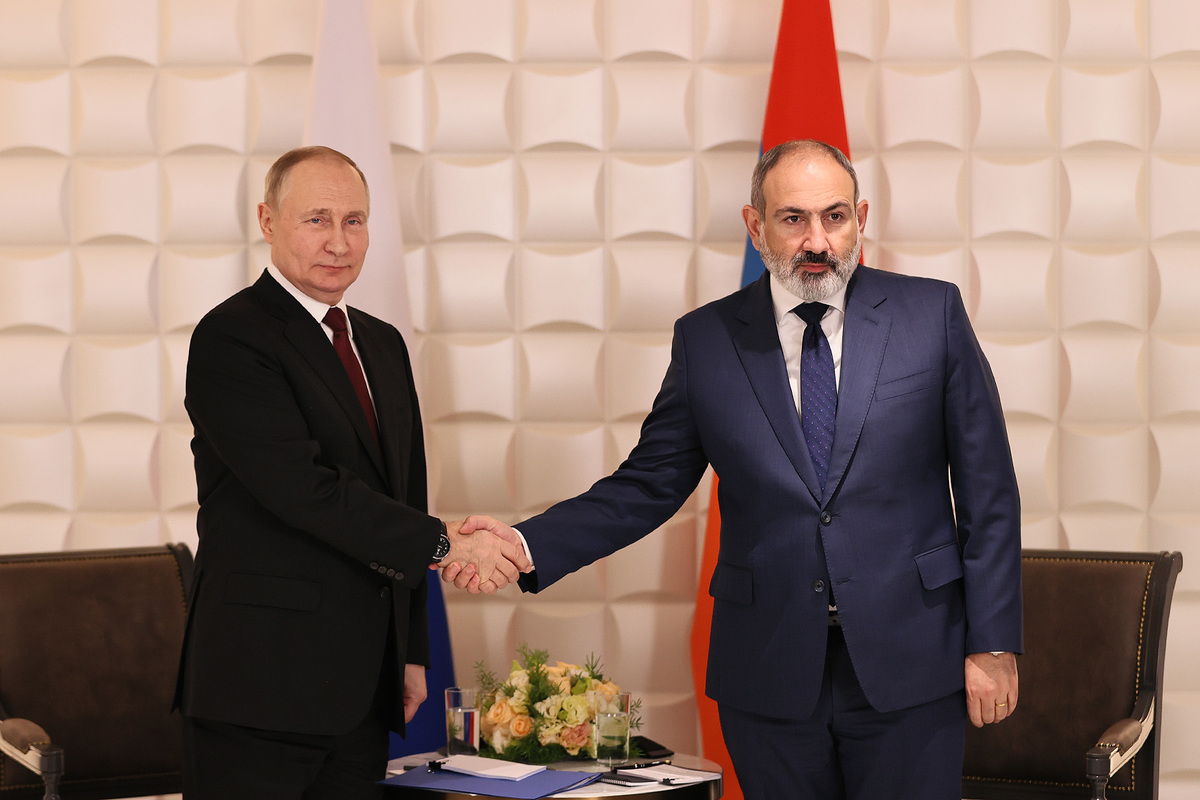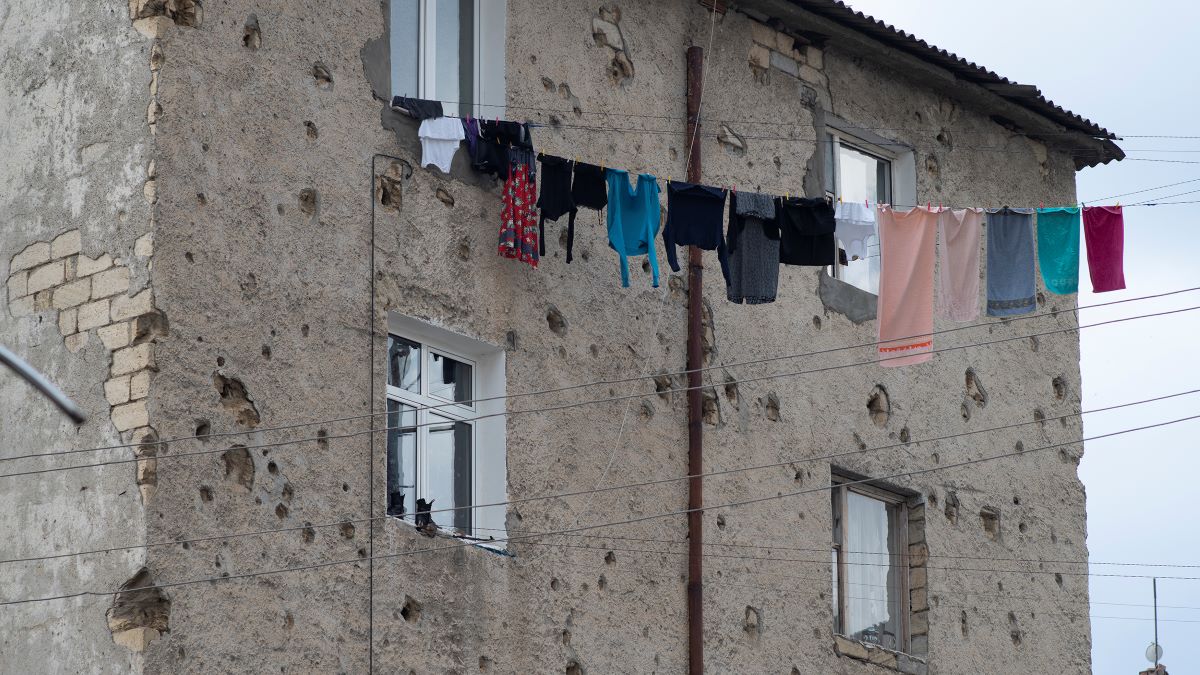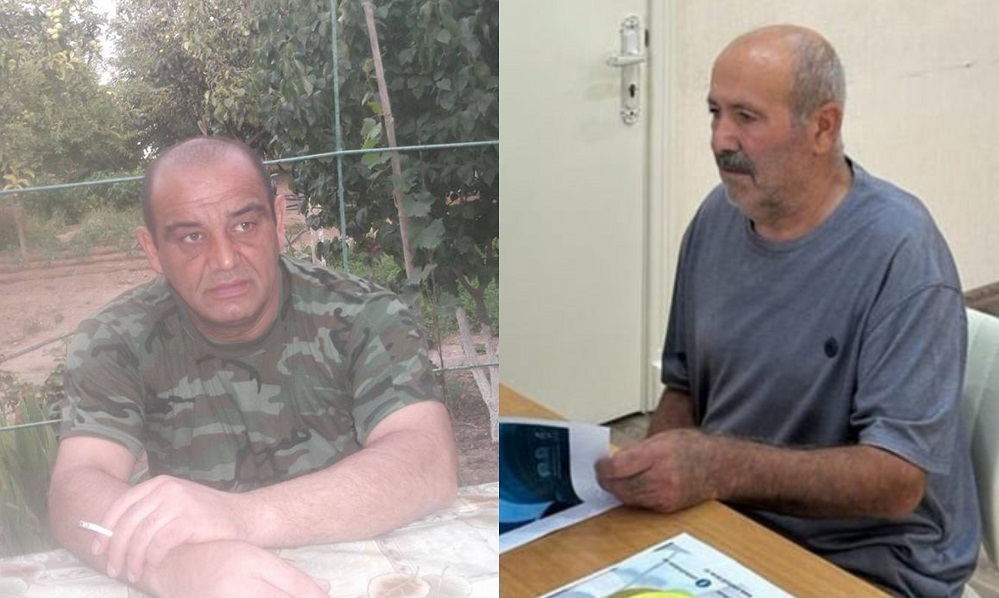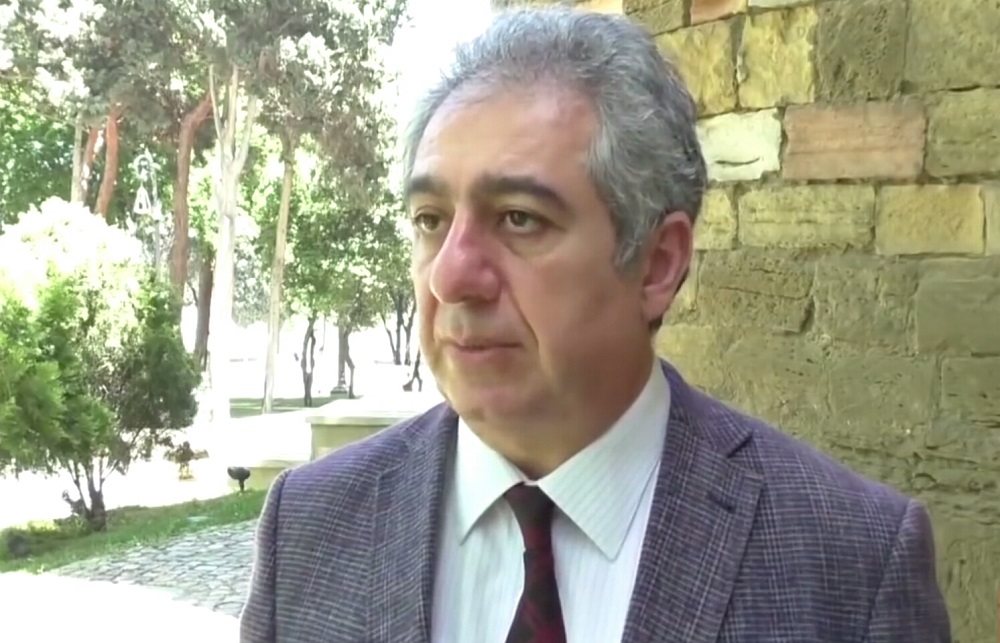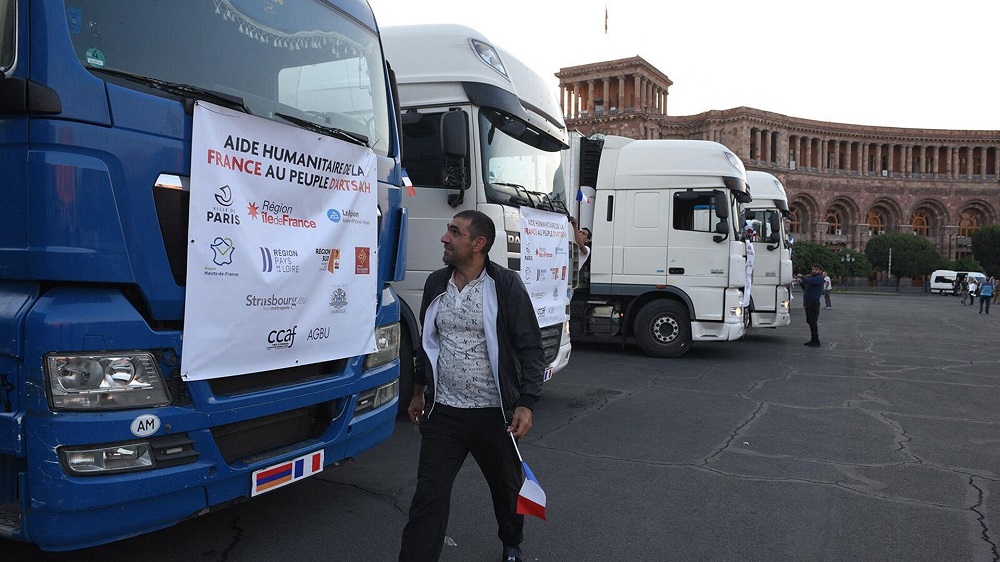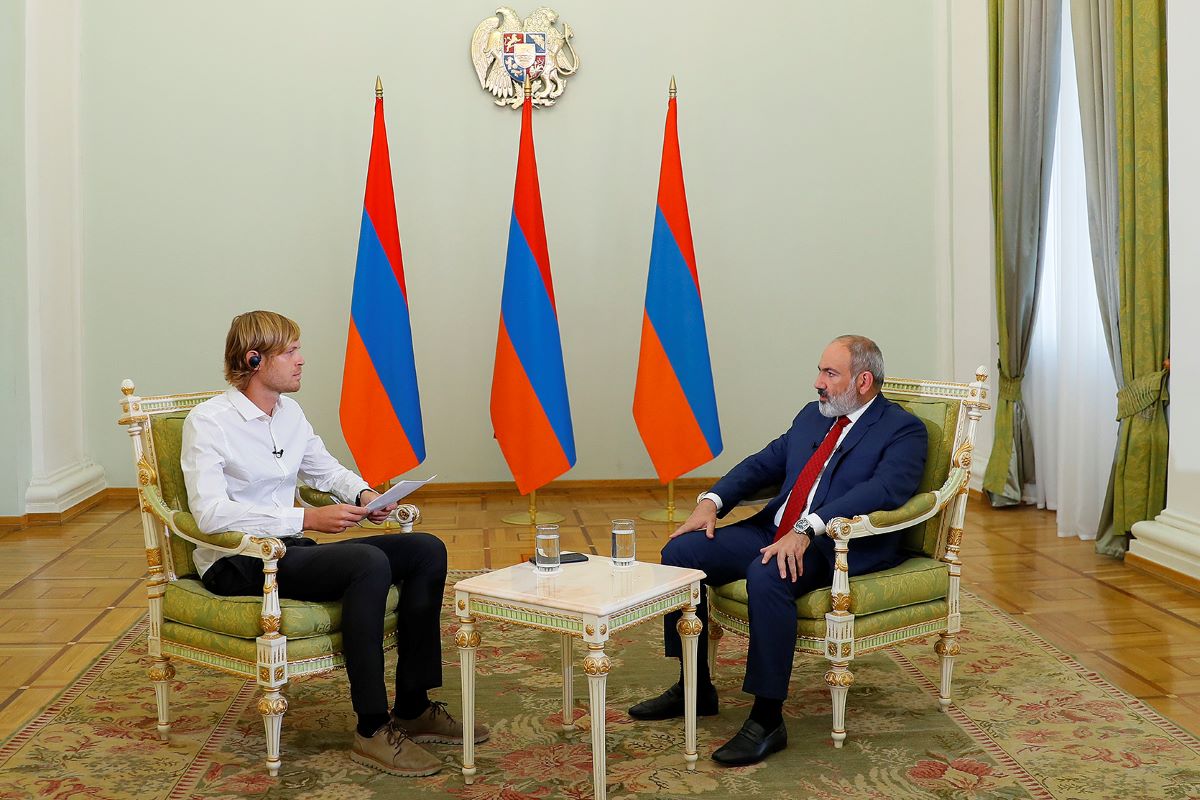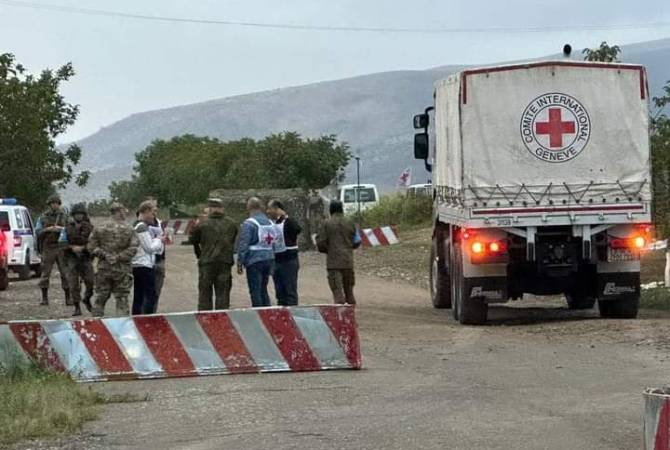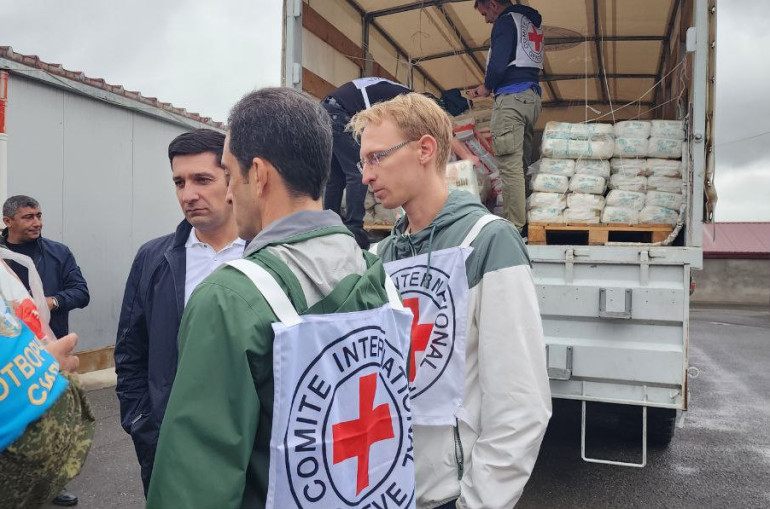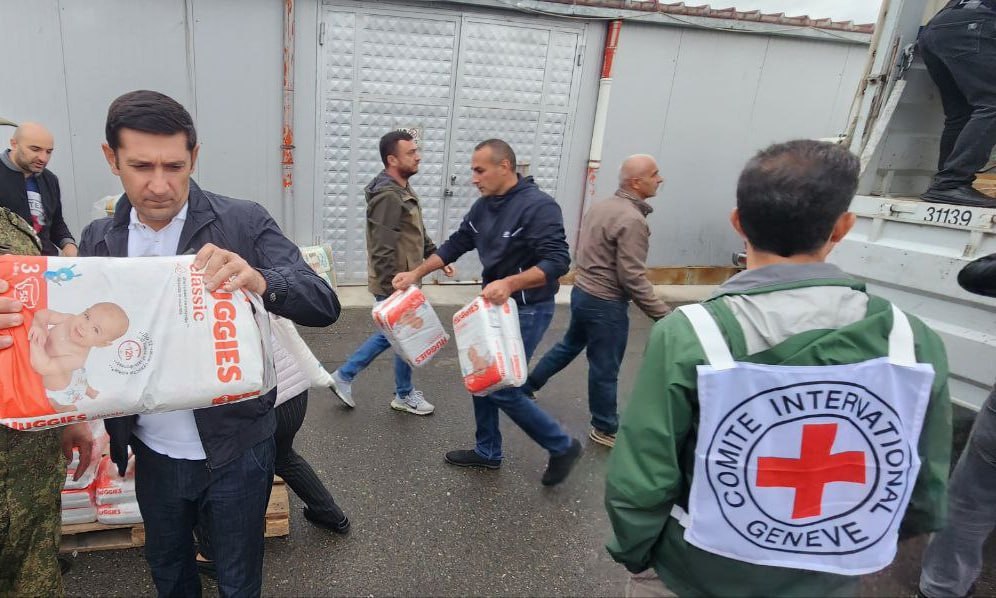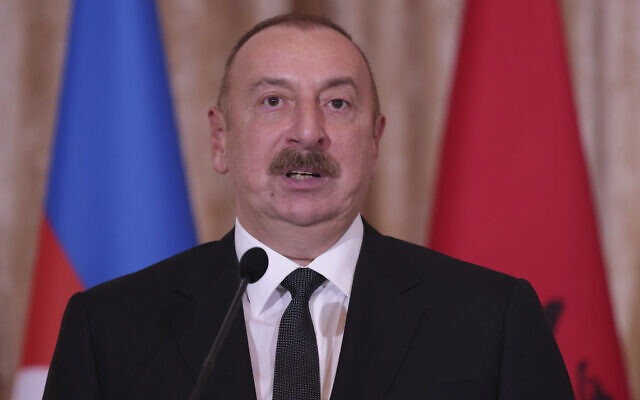The Baku-Stepanakert dialogue is the path to reduce tensions, the Armenian Foreign Ministry said in a statement.
It voiced hope that international partners interested in regional stability would take additional steps to establish reliable mechanisms for such dialogue
On September 18, during the meeting with representatives of the diplomatic corps at the Ministry of Foreign Affairs of Azerbaijan, the Azerbaijani side presented narratives which sound like diplomatic preparation to start concrete actions aimed at ethnic cleansing in Nagorno-Karabakh and for a new military escalation in the region.
“The narrative of the Azerbaijani officials voiced at the meeting with the foreign diplomats accredited in Azerbaijan is aimed at making the international community “complicit” in the implementation of the policy of ethnic cleansing in Nagorno-Karabakh and aggression against Armenia, and such an approach is unacceptable,” the Foreign Ministry said.
“During the above-mentioned meeting, the representatives of Azerbaijan claimed that the Republic of Armenia rejects all proposals aimed at reducing tensions. It is unclear what proposals Azerbaijan is talking about, and it was not clarified in the communication about the meeting either. We consider it necessary to mention that the proposal for the mirror distancing of troops from the Armenia-Azerbaijan state border remains relevant and the Republic of Armenia is ready to engage in discussions on its implementation with utmost priority,” it added.
“Azerbaijan’s claims that the Republic of Armenia has established a regime on the territory of Nagorno-Karabakh have nothing to do with reality. The support of the Republic of Armenia to Nagorno-Karabakh has humanitarian nature, the necessity of which is further emphasized by the humanitarian crisis resulting from the illegal blockade of the Lachin corridor. The Republic of Armenia welcomes the entry of the first humanitarian supplies to Nagorno-Karabakh after a long break and hopes that it will be ongoing and stable,” the statement reads.
The Ministry emphasized that the 9-month-long blockade of the Lachin corridor is a gross violation of the Trilateral statement of November 9, 2020 and the legally binding Orders of the International Court of Justice of February 22 and July 6, 2023.
“There would be no statements by Armenia, international partners, or even Azerbaijan on the readiness to provide humanitarian support to Nagorno-Karabakh, if Azerbaijan itself, with its illegal actions, did not create a humanitarian crisis in Nagorno-Karabakh and did not hinder the access of the UN structures and other international partners to Nagorno-Karabakh. In parallel with the blockade of the Lachin corridor, Azerbaijan has disrupted gas and electricity supplies to Nagorno-Karabakh, which makes it obvious that the Azerbaijan’s narrative about blockade is false: if Azerbaijan explains the illegal blockade of the Lachin corridor with false claims about the transportation of weapons and ammunition through the corridor to Nagorno-Karabakh, then it is unclear what else can be transported through the power lines, except electricity, and what else can be transported through the gas pipeline, except natural gas. As for the Azerbaijani claims about the presence of the Armenian army in Nagorno-Karabakh, we once again emphasize that the Republic of Armenia does not have an army in Nagorno-Karabakh, and the false claims about Armenian mining on the territory of Azerbaijan were rejected by the Order of the International Court of Justice of February 22,” the Foreign Ministry said.
“We consider it necessary to emphasize once again that the Republic of Armenia reaffirms its commitment to the peace agenda, as well as to the agreements reached in Prague on October 6, 2022 and in Brussels on May 14, 2023. We note with concern that the official Baku has not yet publicly confirmed its commitment, in particular to the Brussels agreements of May 14, 2023, and such an approach constitutes a key factor of the tension in the region,” it added.
“We do not understand Azerbaijan’s considerations regarding the development of Armenia’s military capabilities either. The Republic of Armenia has repeatedly stated that it has no intention to take aggressive actions against its neighbors, and the reforms in the military sector are aimed at ensuring its own territorial security,” the Foreign Ministry stated.
“Regarding the situation created around Nagorno-Karabakh, we see the Baku-Stepanakert dialogue as the path to reduce tensions, and we hope that international partners interested in regional stability will take additional steps to establish reliable mechanisms for such dialogue,” it concluded.



